
- Article
- Article
Finding consolation in social isolation
Feeling isolated and anxious during the lockdowns of the last year, Tanya Perdikou found solace in reconnecting to her past and reaching out to neighbours in the present.

- Article
- Article
Social isolation and the search for sanctuary
Threatened with deportation, Furaha Asani turned to her church for support. Met with silence and disinterest, she walked away, but argues that churches should do much more for migrants.

- Article
- Article
Sex work and critical campaigners
When campaigners filmed secretly in the club where she worked, exotic dancer Ella Smith felt frightened and degraded. Here she speaks out about the attack on her livelihood.
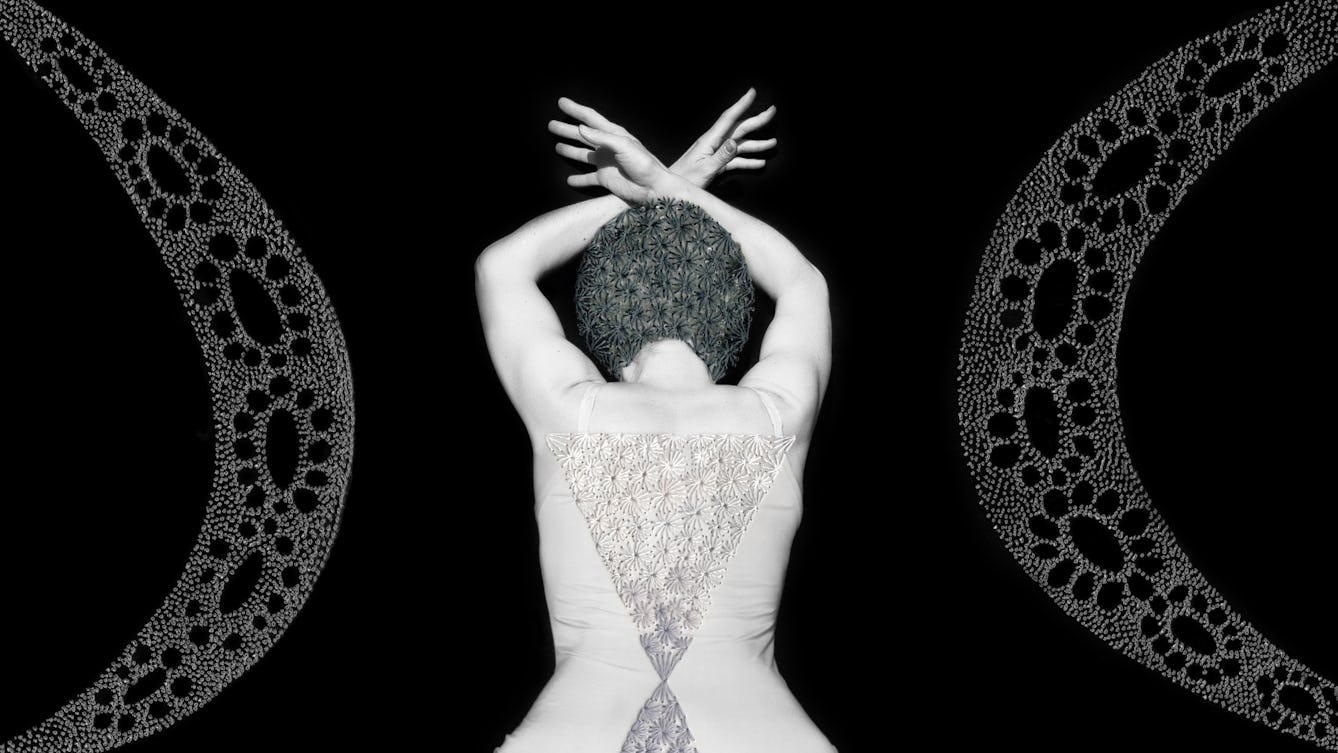
- Article
- Article
Sex work, stigma and whorephobia
Like everyone, sex workers sometimes need medical or mental health support. But shame and stigma seriously affect attitudes and access.

- Article
- Article
The work of wet-nursing
Many of us know that in the past, babies were sometimes nourished by wet-nurses. But, perhaps surprisingly, the practice continues today – and the milk recipients are not only babies.

- Article
- Article
Surviving sex work on the streets
In care at four, on the streets at nine, Charmaine has had a traumatic journey to reach life as it is now: no drugs, no sex work, looking after her mum, and enjoying her grandchildren. Here she writes honestly about her past.

- Article
- Article
Being trans in the world of sex work
Unstable. Predatory. Risk takers. Dr Adrienne Macartney sheds stark light on the hostile and negative assumptions faced by trans sex workers.
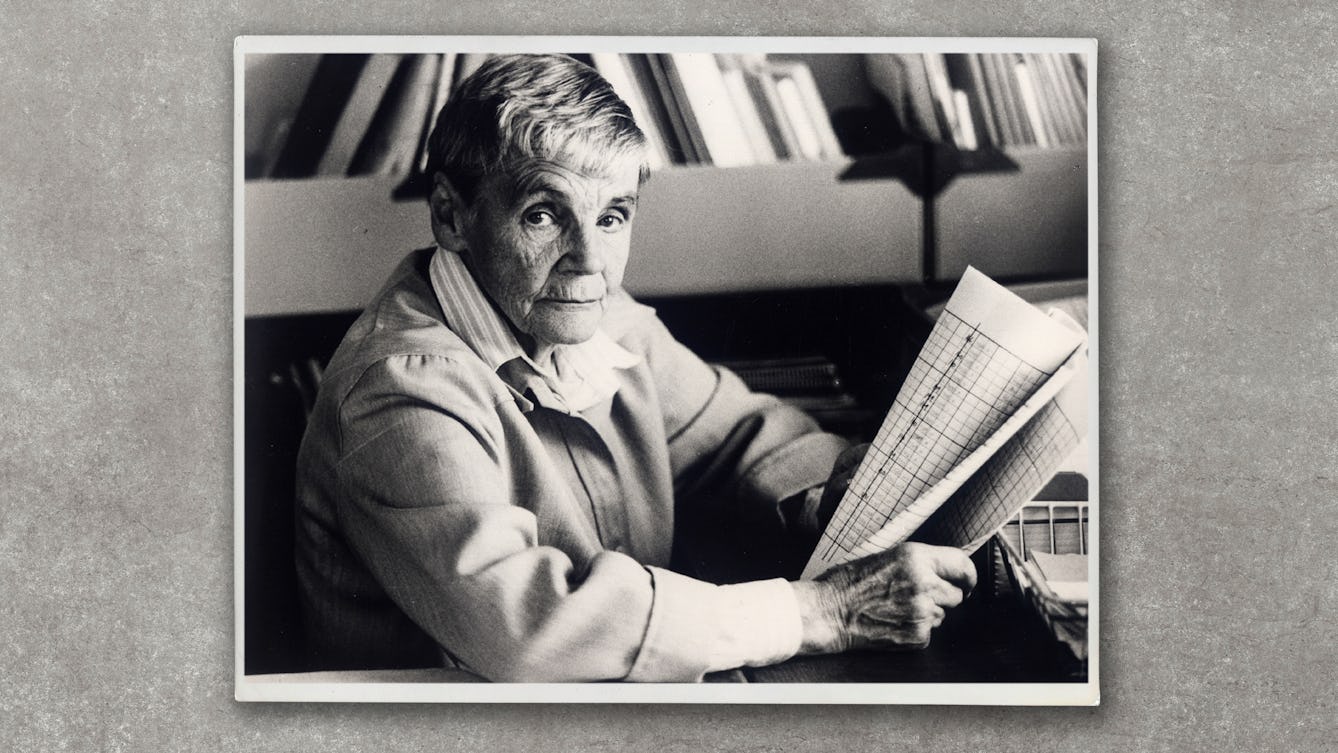
- In pictures
- In pictures
We are the survivors of slow-motion epidemics
Pioneering epidemiologist Dr Alice Stewart realised how things in our daily lives could be as deadly as any infectious disease.
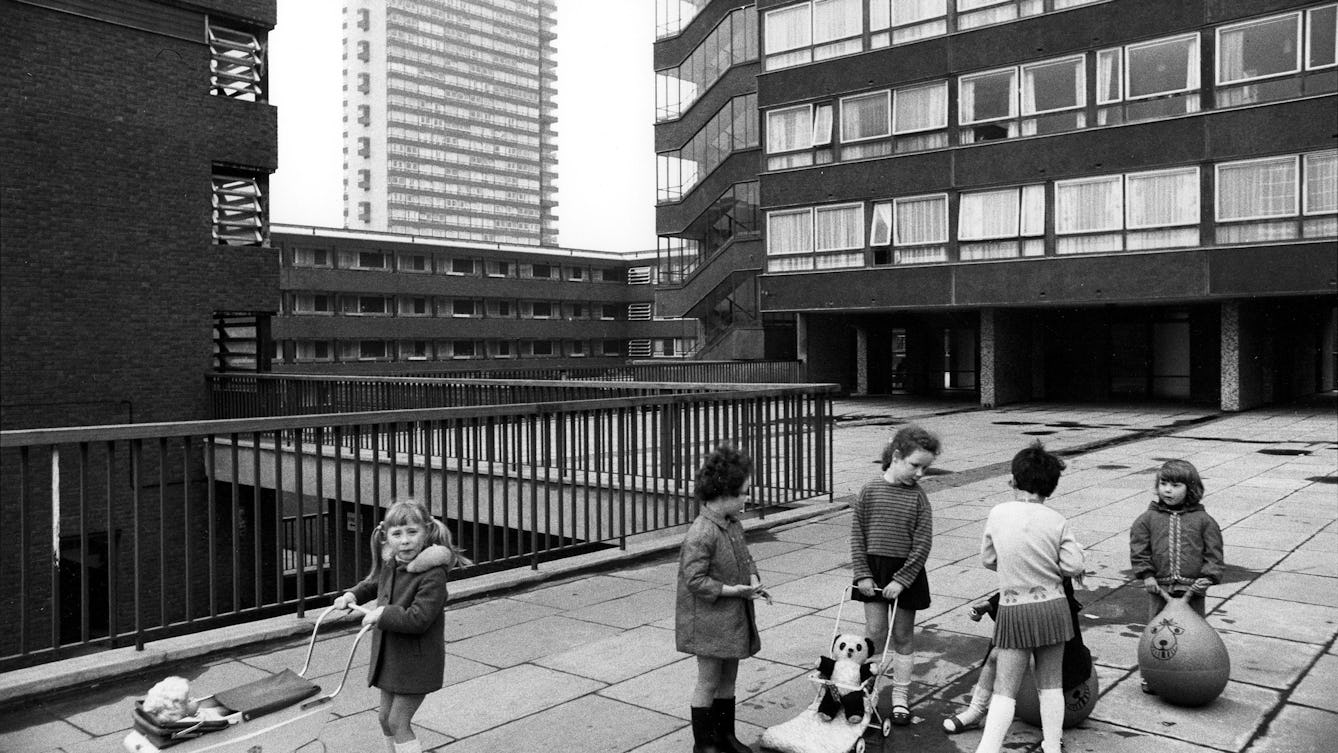
- Book extract
- Book extract
“Above resistant pavements, I floated”
In this extract from ‘Living with Buildings and Walking with Ghosts’, walk with Iain Sinclair through the streets of London.

- Article
- Article
Eugenics and the welfare state
Indy Bhullar explores the ideas of William Beveridge and Richard Titmuss, who were strongly influenced by eugenic thinking, and yet championed the idea of the welfare state.
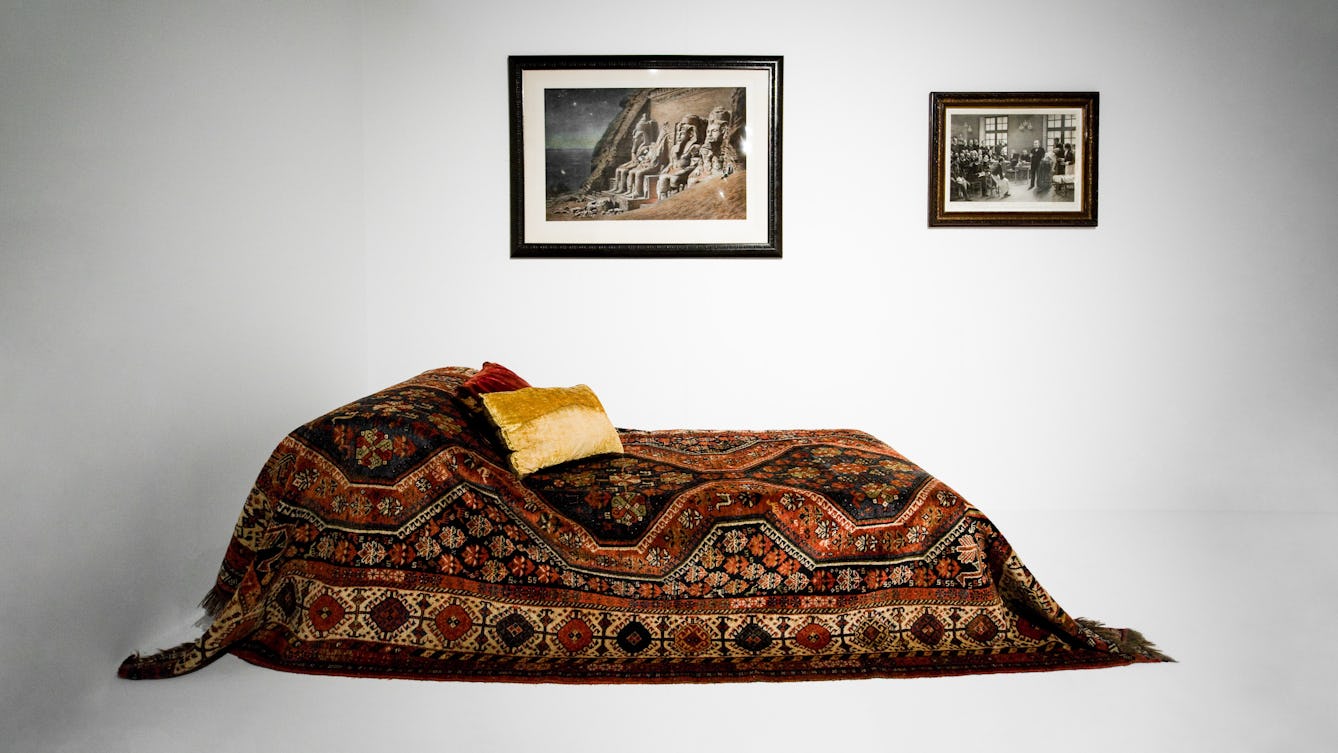
- Article
- Article
Questioning the psychoanalyst
Maggie Robbins gives her personal take on the common misconceptions around her field of work.
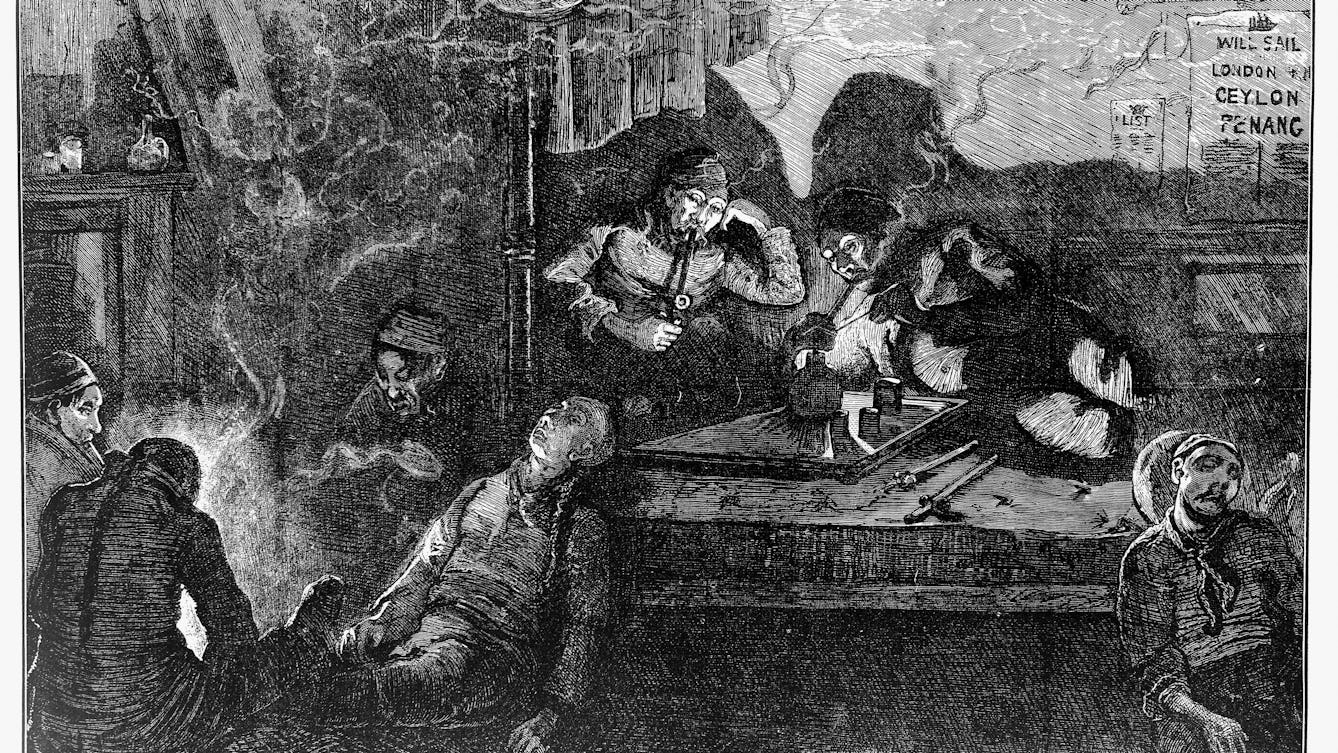
- Article
- Article
Drugs in Victorian Britain
Many common remedies were taken throughout the 19th century, with more people than ever using them. What was the social and cultural context of this development?

- Article
- Article
The catharsis of cringe
Watching cringe comedy can be therapeutic. Find out why some of us are drawn to the build-up of stress in shows like ‘Frasier’ and ‘The Office’.

- Article
- Article
NHS strikes and the decade of discontent
When the social unrest of the 1970s spread to the NHS, dissatisfied staff challenged the status quo for the first time in quarter of a century.

- Article
- Article
When everyday environments become anxious spaces
Social anxiety disorder isolates those who experience it. Part of the solution is to design public spaces with mental health in mind.
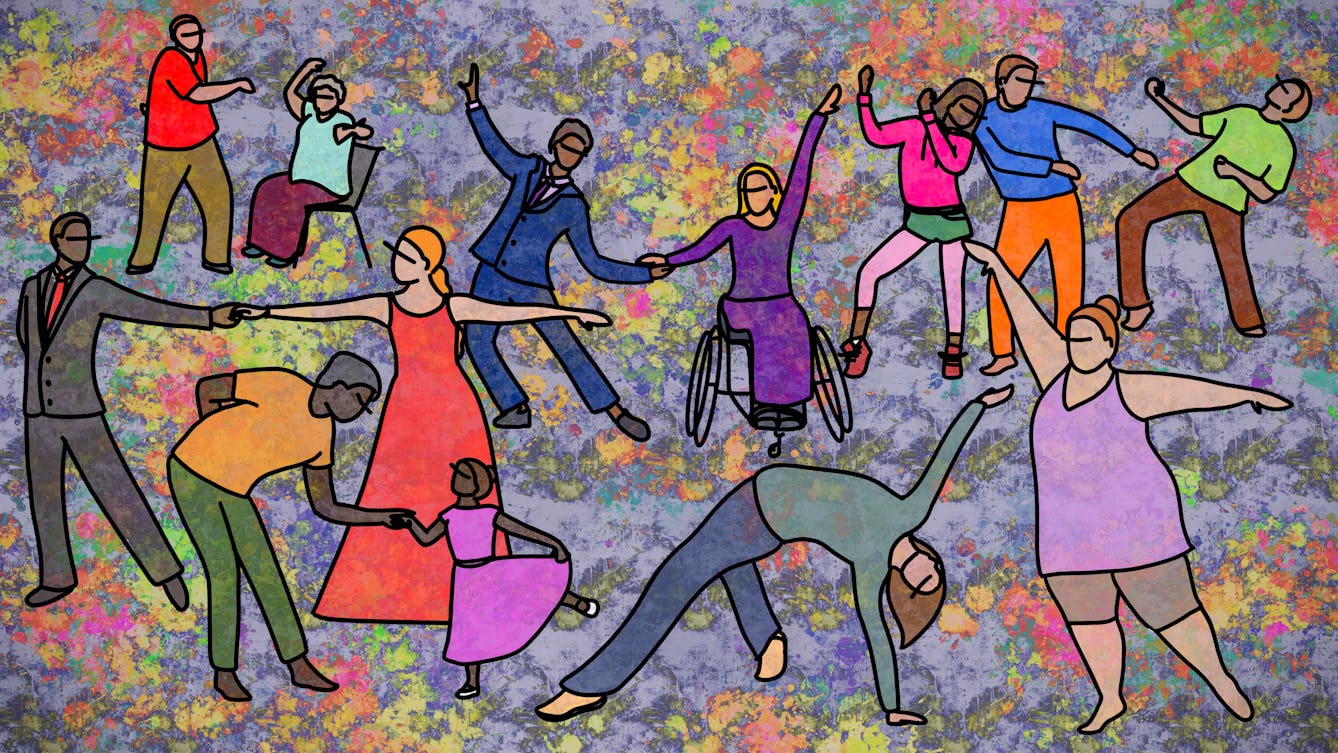
- Article
- Article
Dancing for joy
Dancing is a mood enhancer, it increases social bonding and it improves creativity. Maybe you really can dance all your troubles away.

- Article
- Article
How I escaped my anxiety and depression through architecture and poetry
Social anxiety led him to introversion and silence. The brutalist architecture of London’s Barbican Estate inspired his liberation in poetry.

- Article
- Article
The joy of playing hide-and-seek with rats
Playing hide-and-seek with lab rats has shown scientists that joy can be a great motivator for learning and social interaction – and not just for rats.
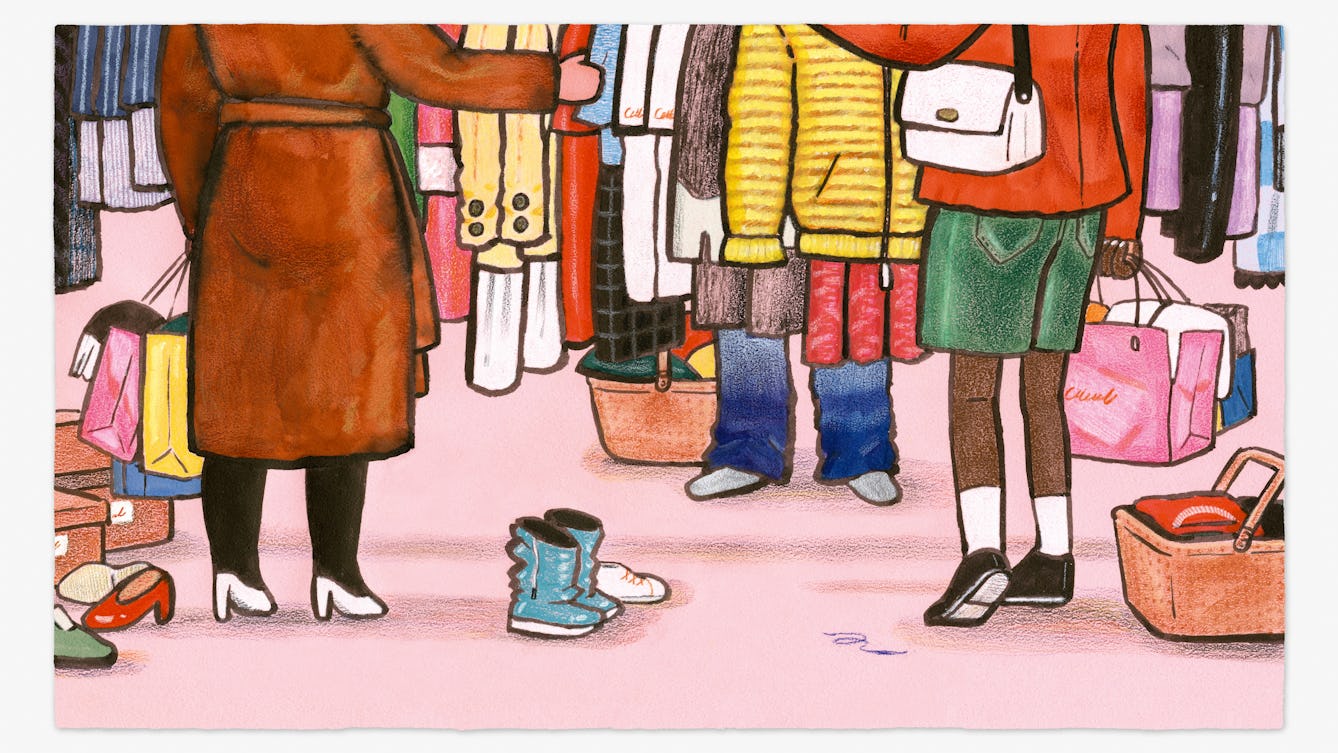
- Article
- Article
The ugly truth about fast fashion
Aja Barber reflects on her relationship with fast fashion, outlines its polluting and destructive effects, and shares the small, personal changes we can make that could help.

- Article
- Article
Desperate housewives and suburban neurosis
Discover how a pioneering health centre replaced housewives’ supposedly empty home lives with a social space that encouraged healthy child rearing.

- Article
- Article
Shame and the online free-for-all
Lucia Osborne-Crowley looks at how shame manifests online, where public humiliation is common and second chances all too rare.

- Article
- Article
Death and our digital ghosts
When we die, our data lives on. And as companies are increasingly spotting money-making opportunities from digital legacies, now could be the time to think about – and control – yours.

- Article
- Article
To stop or stay on lithium
In the final part of her investigation into lithium, Laura Grace Simpkins faces a dilemma – should she put her own mental health or other people and the planet first?

- Article
- Article
The side effects of lithium mining
Laura Grace Simpkins attempts to untangle some uncomfortable truths about the social and environmental costs of making her medication.

- Book extract
- Book extract
Permission to recover
When it comes to illness, sometimes the end is just the beginning. Gavin Francis argues why being given permission to recover is so important.